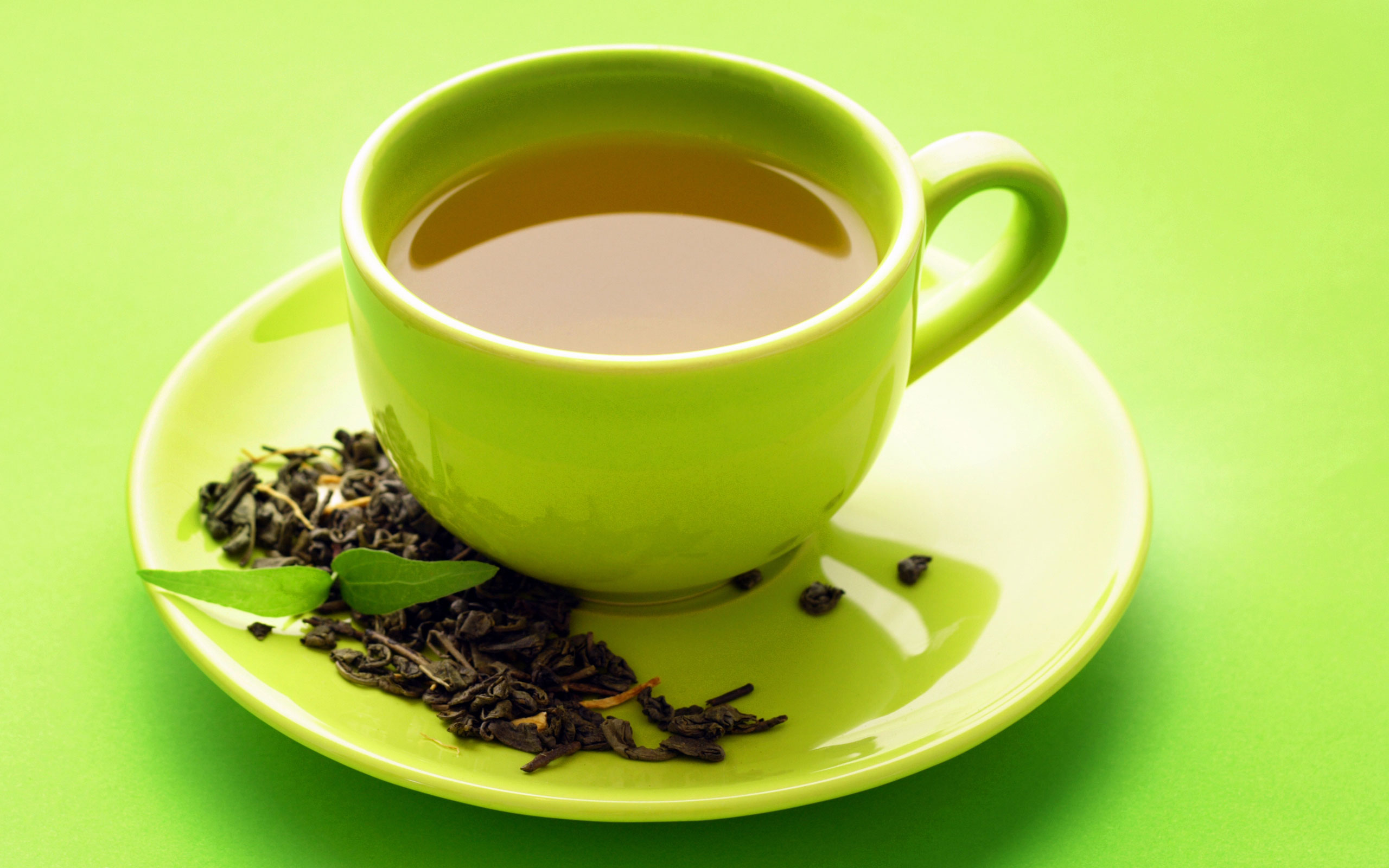- The Most Important Meal – Breakfast
Eating a hearty breakfast is the first rule of a balanced and regular diet to protect against diseases in winter. At night, metabolism slows down due to prolonged fasting during sleep. Therefore, it is very important to have breakfast before 1-1.5 hours after waking up. If breakfast is skipped, after prolonged fasting, food intake increases at the next meal and weight gain is inevitable with the slow metabolism.

- Regular Sleep is a Must
Lack of sleep triggers appetite and slows down weight loss. Factors such as going to bed late and having to get up early in the morning, sleep irregularities increase food intake. Studies show that those who sleep less than 5 hours a day take in up to 300 calories more than those who sleep 6-8 hours (the ideal amount of sleep). These people also have difficulty controlling their appetite. Regular sleep is therefore a major factor in appetite control and proper metabolism.

- Don’t Neglect Vitamin D
The nerves in the brain need vitamin D to control hunger and your urge to eat. Our vitamin D levels drop in the winter months when we are deprived of sunlight due to shorter days and busy work schedules. Therefore, in order to speed up the metabolism, you should include more foods containing vitamin D such as fish, liver, eggs and milk in your diet, as well as taking advantage of sunlight as much as possible.

- Don’t Forget to Have a Snack
One of the main rules of a healthy and balanced diet is to eat at intervals of at least 2 hours and at most 4 hours. One of the reasons for this is to regulate blood sugar balance and another is to control weight. Prolonged fasting is perceived as a famine by hormones and enzymes in the body and some of the food eaten at the previous meal starts to be stored as fat. So don’t starve yourself for more than 4 hours and snack on light snacks such as fruit, milk and nuts to help your metabolism burn fat.

- Drink 2-3 cups of green tea a day
30 ml per kilogram of weight daily. Consuming water is important for organ and body health as well as for the metabolism to work. For each calorie to be metabolized in the body, 1 ml. of liquid is needed. For this reason, you can consume 2-3 cups of green or white tea a day, which also helps to accelerate metabolism in order to increase the need for fluid that decreases during the winter months.

- Consume Seasonal Fruits and Vegetables
Seasonal vegetables protect you from diseases and help you lose weight. Fruits and vegetables are richer in vitamins and minerals in their season. Do not miss citrus fruits with high vitamin C content from your table in order to prevent colds, which are common in winter.

Try to include celery, which helps remove toxins from the body, cabbage, which increases satiety signals with its high pulp content, spinach, which helps facilitate digestion with its iron content, and cauliflower, which increases the metabolic rate and helps burn fat, in your daily diet during these months.
- Pay Attention to Calcium Intake
Calcium is one of the minerals essential for tooth and bone health; however, calcium should be consumed in 1000-1300 mg per day. When taken, it helps to lose weight, while taking less than 600 mg triggers obesity. Studies have proven that calcium accelerates metabolism by increasing fat burning. Consuming 2-3 servings of skimmed dairy products a day will help boost metabolism in winter.

- Intake Adequate Amount of Protein
Proteins are a food group that is harder to digest than carbohydrates, easier to digest than fat and have a satiating effect. Therefore, including protein-containing foods in your diet is necessary both for your daily needs and for its satiating effect. Since it is a food group that is more difficult to digest, it will help speed up your metabolism.
- At least 30 minutes of exercise is essential
You should devote at least 30-40 minutes to exercise every day. Exercise includes any movement that works the muscles of the body. With the cooling weather and the pace of work, put aside the excuses of ‘I don’t have time to exercise’ and never leave exercise out of your life.
Take a walk, climb stairs, do simple exercises at home if you can’t go to the gym. However, when you exercise for less than 30-40 minutes, fat burning does not start and when you stop exercising every day, it will return to you as weight. Therefore, you can lose weight by practicing a sport you love 3-4 days a week or increasing your daily exercise.

- Do Not Lack Fat-Burning Spices from the Table
Spices are indispensable in cuisine. Spices, which are suitable for the different tastes of each region, play an important role in accelerating metabolism. Thyme lowers cholesterol and accelerates fat burning. Ginger helps to raise body temperature and increases the metabolic rate by 20 percent.
Chili pepper accelerates metabolism with its ‘capsaicin’ content and prolongs the feeling of satiety by reducing appetite. Turmeric, which regulates liver functions and detoxifies the body, helps to speed up metabolism. Flaxseed swells in the stomach, providing a feeling of satiety and accelerates metabolism with its effects on the digestive system. Cinnamon regulates blood sugar balance and helps control weight by reducing cravings.

- Control Your Weight with Fibrous Foods
Studies have shown that adding fiber foods to the diet not only provides many benefits to human health, but also facilitates weight loss. Foods with fiber swell up to 20 times their volume in the stomach, helping to ensure satiety. Pulp (fiber) has the ability to retain water. Therefore, since it is not easily digested, it is easier to lose weight if you choose foods high in fiber and low in calories. In addition, since fibrous foods contain less fat, they leave the stomach later and slow digestion. As they are foods that need to be chewed more, they provide a feeling of satiety faster.

As they lead to less food being eaten, they ultimately reduce calorie intake. For basic health, 20-30 grams of fiber should be taken daily. In case of excessive intake of fibers, the absorption of minerals such as iron, zinc and calcium in the body decreases, while in case of low intake, the intestinal system does not function properly and constipation occurs. In order to reduce digestive system complaints, it is useful to consume such foods by cooking more and gradually increasing the amount.
